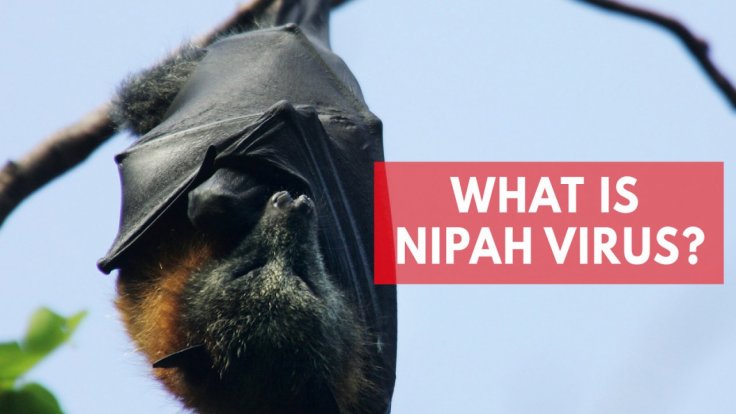The rising number of cases of people contracting the Nipah Virus is causing concern among medical professionals as the disease has no treatment or medicines and patients are only given life-supportive medical care.
Nipah virus is a fruit bat-borne disease that jumped from pigs to farmers in Malaysia in 1999 and symptoms include vomiting, seizures and brain swelling.

The virus also has a lengthy incubation period which means people can spread it for over a month before realizing something is wrong with their health. As per the World Heath Organization, Nipah's mortality is dangerous and ranges between 40 to 75% while Covid-19's mortality rate is 1% at the moment.
There are now concerns that Nipah virus could be the next global pandemic as the virus has a very high rate of mutation and spreads much faster than Covid-19. Scientists believe that Nipah would be worse than Covid-19 and medical professionals around the world are not prepared to handle the crisis.
''The virus has been shown to spread from person-to-person in these outbreaks, raising concerns about the potential for NiV to cause a global pandemic," said the Centers for Disease Control and Prevention to the Mirror.
Dr Melanie Savillehead of vaccine research and development at the Coalition for Epidemic Preparedness Innovations also rang the warning bells on Nipah Virus and told The Sun, ''Nipah is one of the viruses that could absolutely be the cause of a new pandemic. Several things about Nipah are very concerning.''
Nipah Virus is especially spreading in India's southern state of Kerala where a 12-year-old boy died due to the illness. The boy was taken to two different hospitals and now officials fear that the boy might have spread the virus to a long list of people who came in contact with him.
Government officials have begun contact tracing and are taking all necessary precautions to safeguard the people who came in touch with the boy. As of now eight people who came in contact with the boy have tested negative. ''These eight immediate contacts tested negative is a great relief,'' said Kerala state's health minister Veena George.









